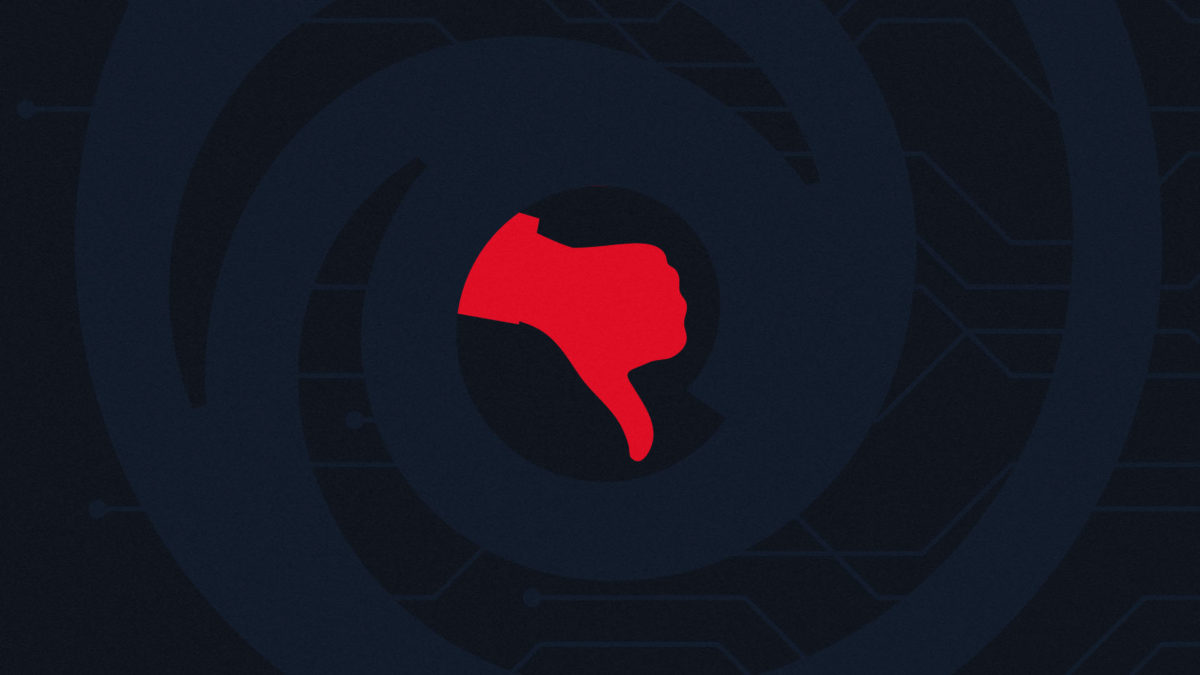Ubisoft upset anti-NFT comments from staff were leaked to media

Ubisoft received hundreds of scathing comments from employees in response to an internal memo outlining plans to implant non-fungible tokens (NFTs) into the gaming giant’s products, Bloomberg reports.
In early December, Ubisoft agreed to launch a Tezos-based NFT marketplace, Ubisoft Quartz, for in-game items compatible with its shooter game Ghost Recon.
The $6.5-billion French gaming conglomerate also owns popular franchises like Assassin’s Creed and Far Cry.
- “Our confidence in management was already shaken by the handling of harassment cases, and now this?” asked one employee.
- Another expressed concern that Ubisoft’s decision could lead to Electronic Arts comparisons, which has become synonymous with cash grabs.
- Gamers repeatedly criticize the “pay-to-win” tactics that EA uses to monetize its games — prioritizing profits over gameplay.
Near the end of its first month of minting, Ubisoft had sold just 15 NFTs (including on affiliated NFT marketplaces Objkt and Rarible) for 94.49 Tezos (worth $400 then, $387 now).
By December 29, that number totaled 18 NFTs worth less than $800. Needless to say, the launch quickly became embarrassing for Ubisoft — something its employees are yet to forget.
Ubisoft shrugs it off, moves further into NFTs
In a statement to Bloomberg, an Ubisoft spokesperson claimed it was taking the employee feedback onboard and expressed disappointment that the comments had been leaked.
Still, despite lackluster NFT sales and employee backlash, Ubisoft just announced a new deal with Sandbox to bring its “Rabbids” characters to the startup’s metaverse.
“I think gamers don’t get what a digital secondary market can bring to them,” said Nicolas Pouard, VP at Ubisoft’s Strategic Innovations Lab in a January interview, our emphasis.
“The end game is about giving players the opportunity to resell their items once they’re finished with them or they’re finished playing the game itself.”
Concerns about NFTs for in-game items include the environmental impact of blockchain mining, counterfeits and frauds, and the realities of monetizing entertainment value in video games.
NFT marketplaces disproportionately reward wealthy insiders who access exclusive mints and liquidate onto secondary portals like OpenSea.
Read more: [Play-to-earn gamers form ‘subDAOs’ to maximize crypto profits]
Chainalysis estimates that only the top 5% of NFT traders earn about 80% of the industry’s profit.
“Gold farming,” in which players forsake gameplay to complete monotonous tasks that earn virtual game currencies, is already a sore point among gamers.
So while there may be some utility in secondary sales of collectibles, like skins and other vanity items, NFTs have only amplified widespread concerns about studios trading fun for profit.
Follow us on Twitter for more informed news.
